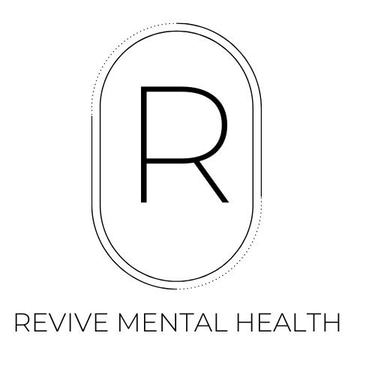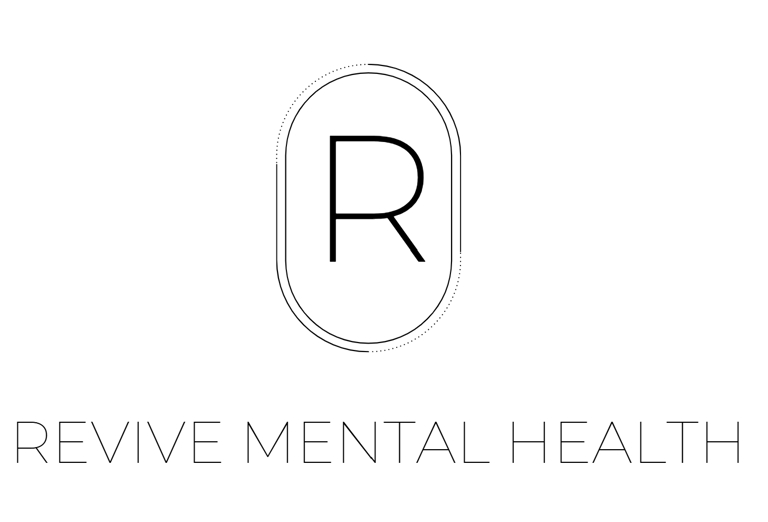When the World moves on and you can’t
The silent grief of pregnancy loss
5/19/20252 min read


When the World moves on and you can’t:
The silent grief of pregnancy loss
There’s a kind of grief that rarely gets spoken out loud. One that unfolds quietly behind closed doors, without sympathy cards, without public rituals to hold the heartbreak. For many women and couples, pregnancy loss is exactly that kind of grief, deep, disorienting, and far too often, invisible.
You might be surrounded by people and still feel utterly alone. Life keeps moving, yet you’re stuck in a moment that changed everything. And because it happened early, or privately, or again… The world doesn’t always understand why it still hurts.
But here’s the truth: loss is loss.
It’s not only the physical absence of a baby. It’s the unraveling of hopes, the dreams that were already forming, the names you might’ve whispered, the future you began to imagine from the very first positive test.
A wound that often gets minimized
Globally, miscarriage is incredibly common, an estimated 1 in 4 pregnancies ends in early loss. In Singapore, up to 25% of pregnancies end this way. But common doesn’t mean easy. And it definitely doesn’t mean insignificant.
Too often, people try to comfort you with well-meaning phrases like:
“At least it was early.”
“You can try again.”
“Everything happens for a reason.”
These words may be meant to soothe, but they can land like silence or dismissal. Instead of feeling seen in your pain, you’re left wondering if you’re being too sensitive, too emotional, too stuck. You're not.
The layers beneath the grief
Grief after pregnancy loss isn’t linear or predictable. It can bring waves of sadness, guilt, anger, numbness, even shame, especially in cultures or families where childbearing is loaded with unspoken expectations.
You might carry questions about your body.
You might feel betrayed by your own biology.
You might avoid social events, baby showers, or friends with newborns because the comparison feels unbearable.
And if you're pregnant again after a loss, that joy might be laced with fear. The innocence is gone. Each ultrasound is held with bated breath. Each symptom is examined, not with excitement, but anxiety.
Grieving differently together
Pregnancy loss impacts partners too, often in different ways. One might cry. The other might shut down or dive into work. These contrasting ways of grieving can create emotional distance just when you need each other most.
It’s not about who’s hurting more.
It’s about giving each other room to hurt differently, and learning how to reconnect from that place.
You deserve a place to be honest about all of it
At Revive Mental Health, I work with individuals and couples navigating the emotional terrain of pregnancy loss. Therapy isn’t about “moving on”. It’s about moving through, with support, and space for all that’s been lost and all that still feels tender.
Because even if no one else saw your baby, you did.
Even if no one else expected that life, you were already loving it.
And even if you feel like the world moved on… you don’t have to.
You’re allowed to grieve.
You’re allowed to take up space in your healing.
You’re allowed to remember.


